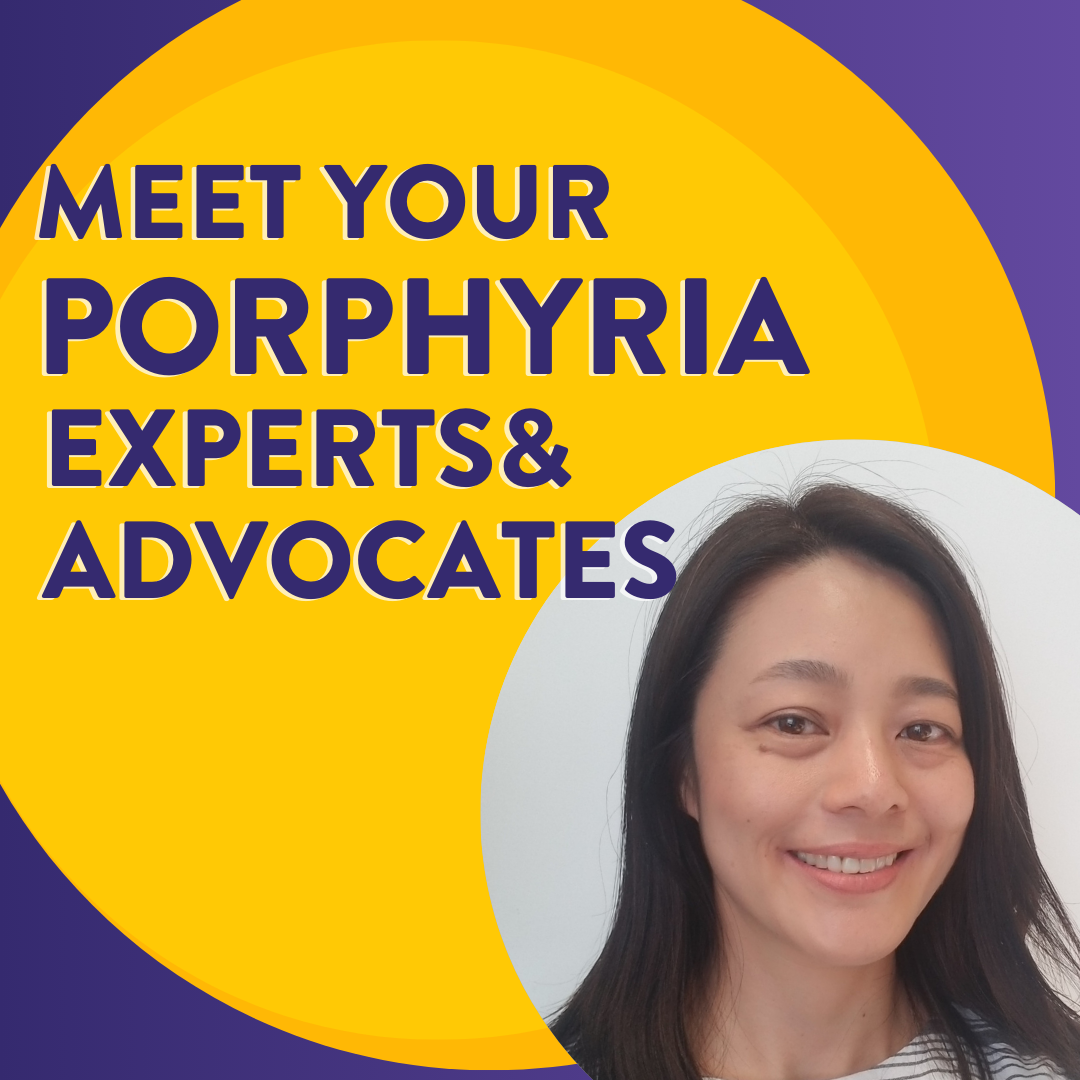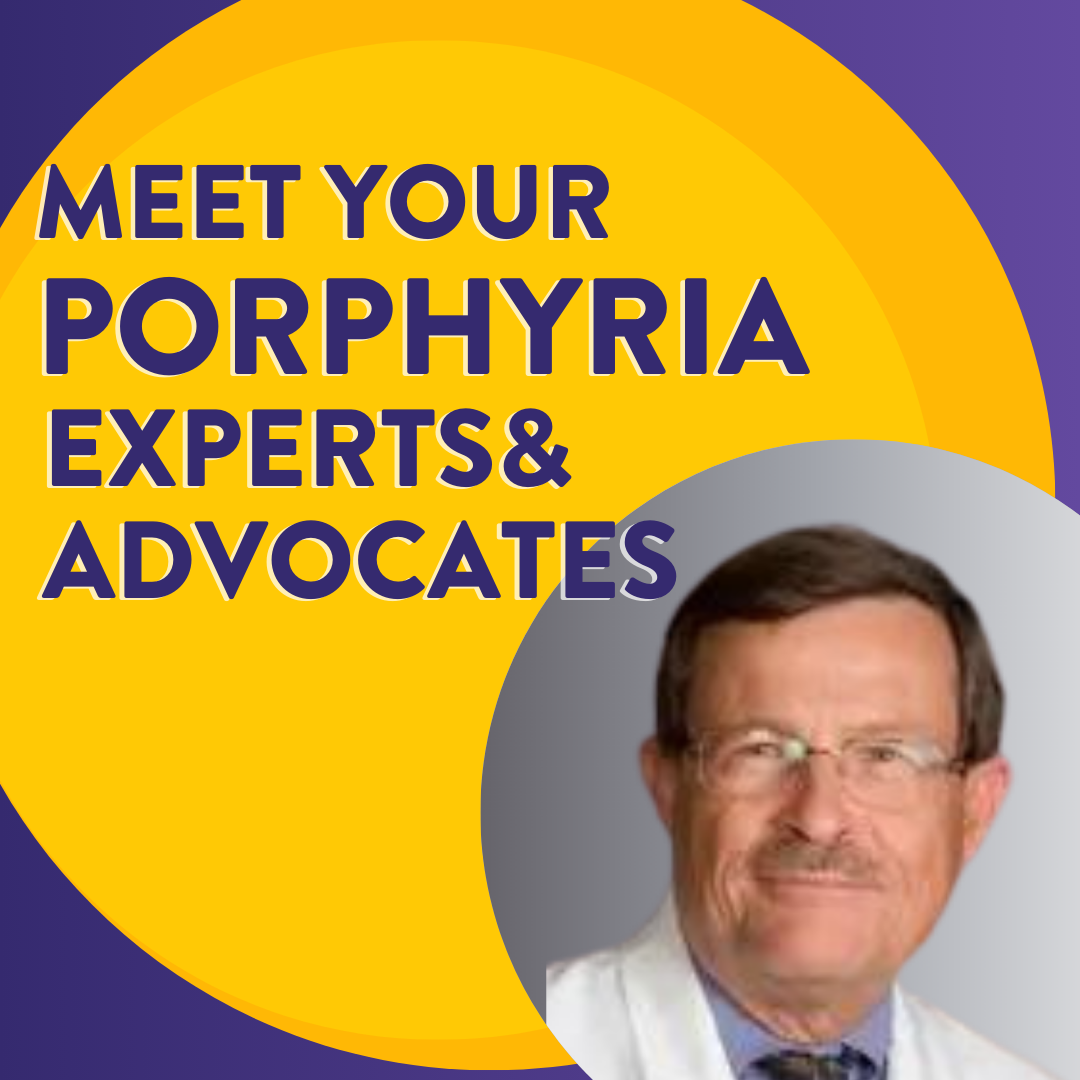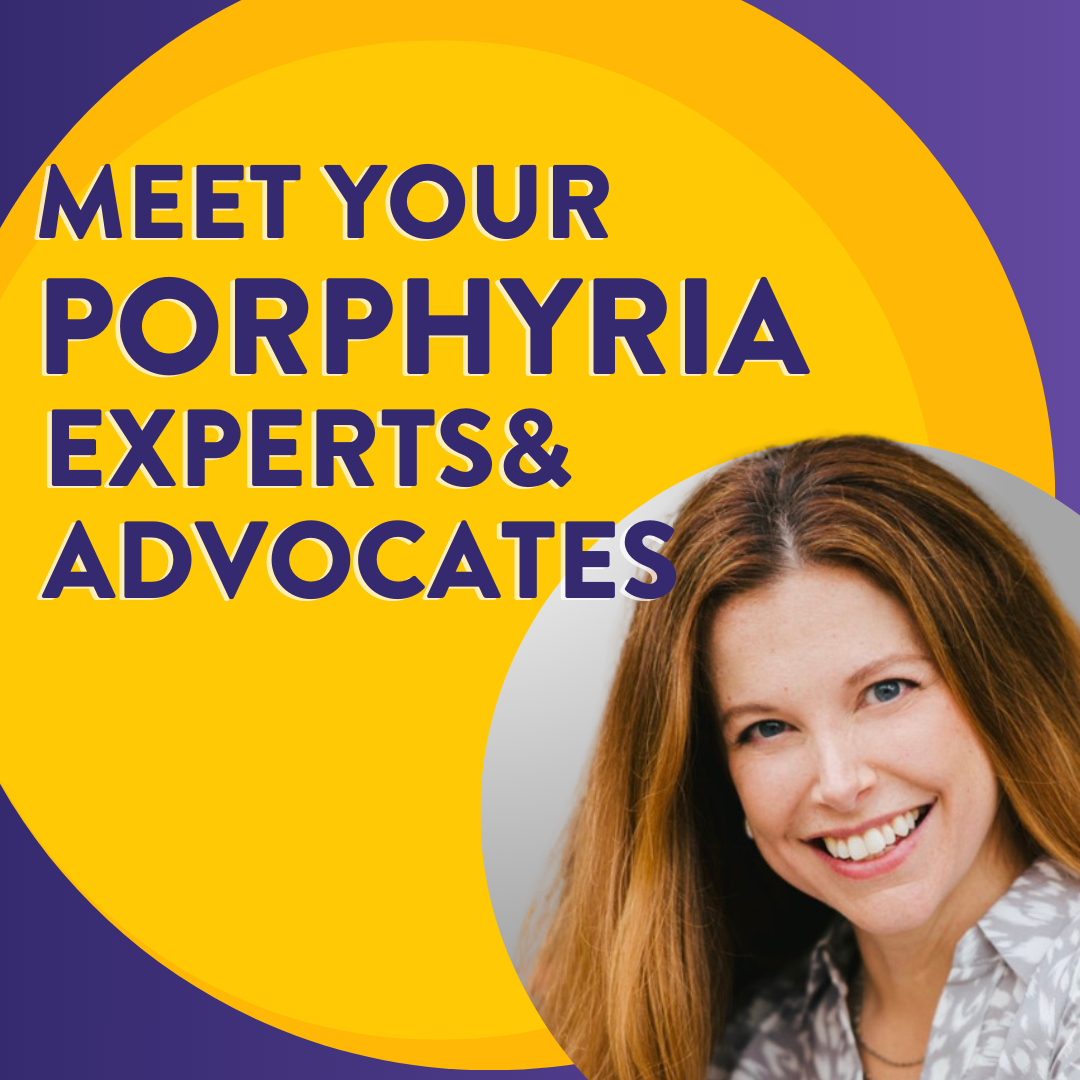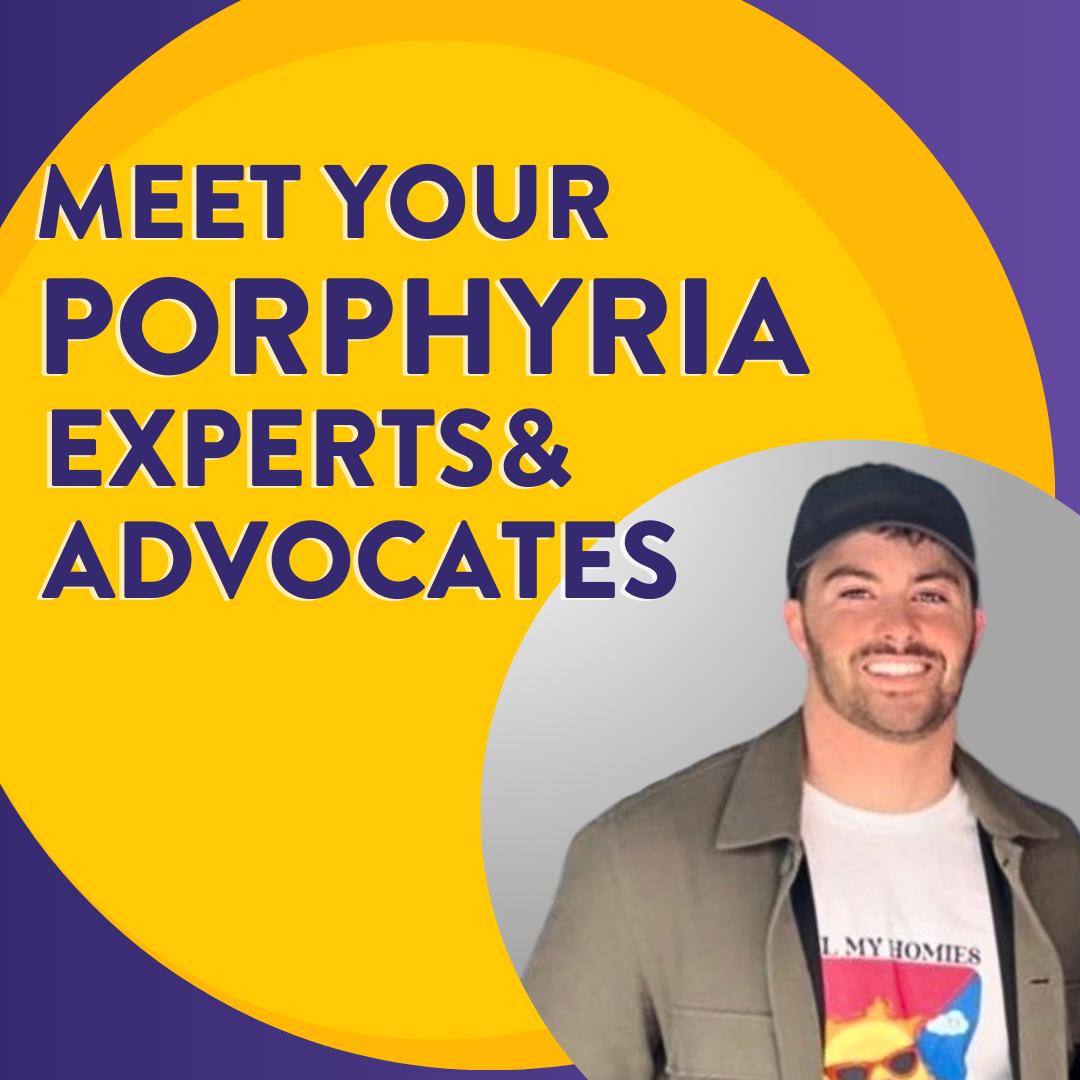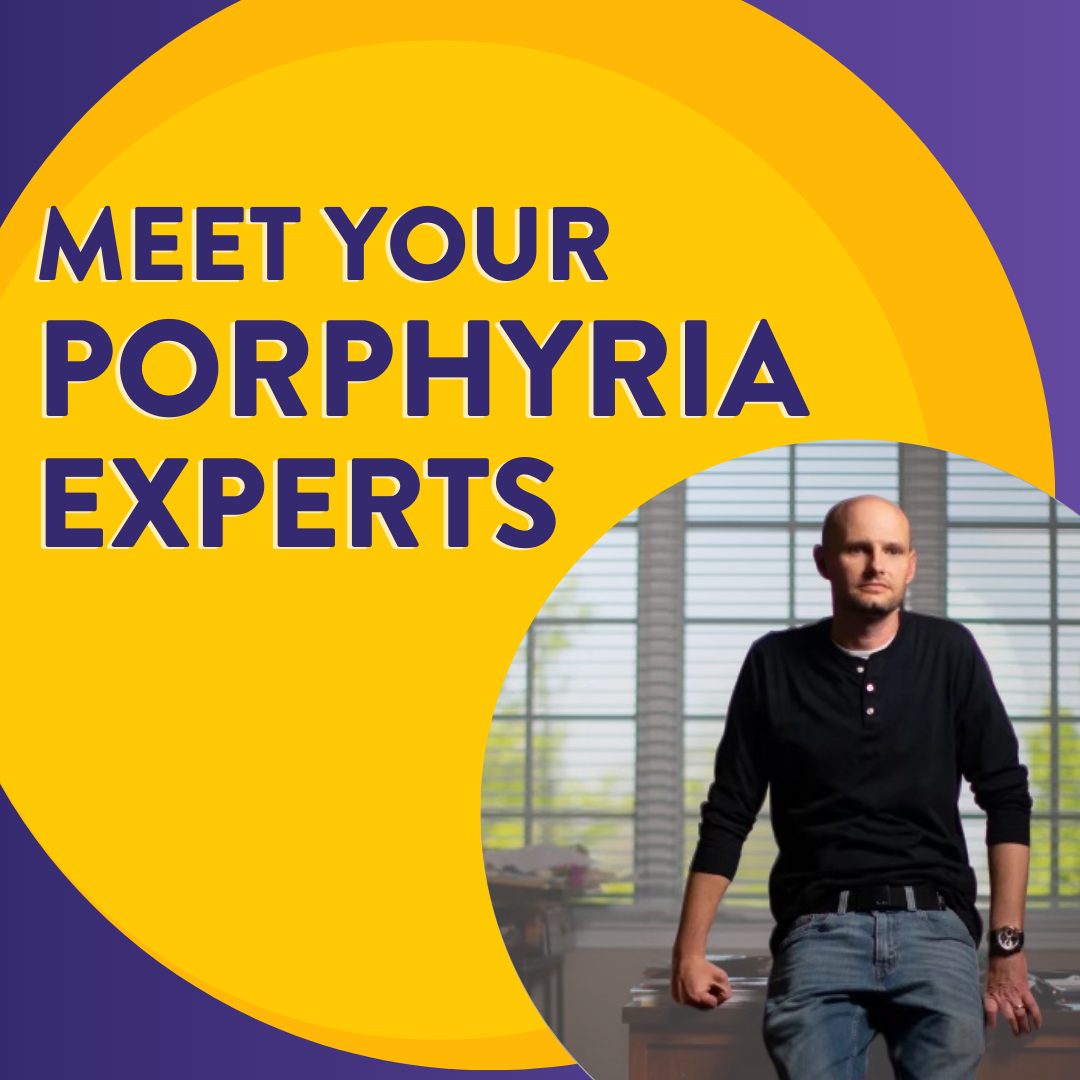Meet Colin McEwen, Porphyria Advocate
The porphyria community is lucky to be supported by dedicated physicians, researchers and advocates who work tirelessly to improve care and develop new treatments for porphyria. The United Porphyrias Association is pleased to introduce you to some of them!
I want to turn what I went through into something good, because otherwise it’s just suffering for the sake of suffering, and I can’t accept that. I want to do something more with my story
-Colin
Can you introduce yourself and tell us a bit about your connection with porphyria?
My name is Colin and I have acute hepatic porphyria.
I was symptomatic for about 10 years before finally getting diagnosed. It was a long journey, but not a daily one. Life was a cycle, there were periods where things would be normal and then it would be total chaos. I kept being told that there was nothing wrong with me, that it was all in my head. I needed pain medication and was thought to be an addict. The cycles kept getting worse and worse and worse though, until I nearly died. There was a period when I was paralyzed, and needed help with getting dressed, eating, everything.
The person that really saved my life is my wife because she was the one fighting for me and caring for me. It wasn’t easy for her. Before I got a diagnosis, it was a real strain on our marriage because I couldn’t work, and the doctors were saying there wasn’t anything wrong with me. I had a bad attack, and the paralysis wasn’t something I could fake, and she pulled out all the stops for me to see specialists and get a diagnosis.
With treatment I’m much better now and after so many years of suffering being well has been an adjustment. I want to turn what I went through into something good, because otherwise it’s just suffering for the sake of suffering, and I can’t accept that. I want to do something more with my story.
You mentioned that your wife is important for you and your journey. Can you share how her support helped and how caring for you affected her?
Early on it was difficult to be honest. She couldn’t see that there was anything wrong and the doctors were saying nothing was wrong. From the outside I seemed like a hypochondriac who couldn’t keep a job.
When I got really sick, I couldn’t drive anymore, couldn’t cook and clean, and needed help with things like bathing. She had to do it all. She was also the breadwinner. She became my advocate and stepped outside of her comfort zone and sought help from her professional networks to search for a diagnosis.
I think there was a lot of grief for her, and it was really isolating. She couldn’t spend time with her friends and get support from them because I was sick. People are great at saying “give me a call if you need anything” but as a caregiver you don’t always know what to ask for, and people don’t want to intrude, so the loneliness creeps in.
I’m so grateful that she stayed with me. I think there’s this sense that you can’t be mad or resentful when someone is sick, and once I got better, she was able to have those feelings.
What does life look like for you now?
I’m on Givlaari and doing really well. Getting better was an adjustment though, because there was a part of me that worried that if I got better and was supposed to be better, that I might not be believed if I turned up to the emergency room begging for pain medicine again.
My wife and I always wanted a family. After years of all this horrible stuff, we knew that there was a treatment coming for my porphyria. We were lucky after one round of IVF to have our son. We were given the choice to screen for the porphyria gene and decided not to, because the gene doesn’t mean that they would have symptoms and there are good treatments now.
I’ve gone back to work. I was inspired to go into teaching by all the doctors and researchers I met on the way. I teach science and hope to inspire the next generation that will care for patients like me.
You’ve been involved in advocacy for newborn screening, can you tell us about that?
My wife and I successfully lobbied to include rare diseases in newborn screening in our state. It was a healing venture for both of us because it wasn’t just me that suffered, she did too. My wife works in politics and so she knows what’s needed to get legislation passed. We spent Valentine’s Day up in the capital lobbying together. It was a very positive journey for both of us to feel like here is something concrete that is good, that came out of our experience, and that we did it together. And that means a lot.
Do you have any kind of advice for people who are early in their porphyria journey?
I think my advice would be to find out what positive things can come out of your experience and focus on those things to help it make sense. The porphyria experience is going to be different for everybody, but there are some things that we have in common- there's pain and trauma- that we all have to deal with. You become stronger because of it, so what can you do with it? For me, I’m using my voice now to make sure others don’t go through what I did.




